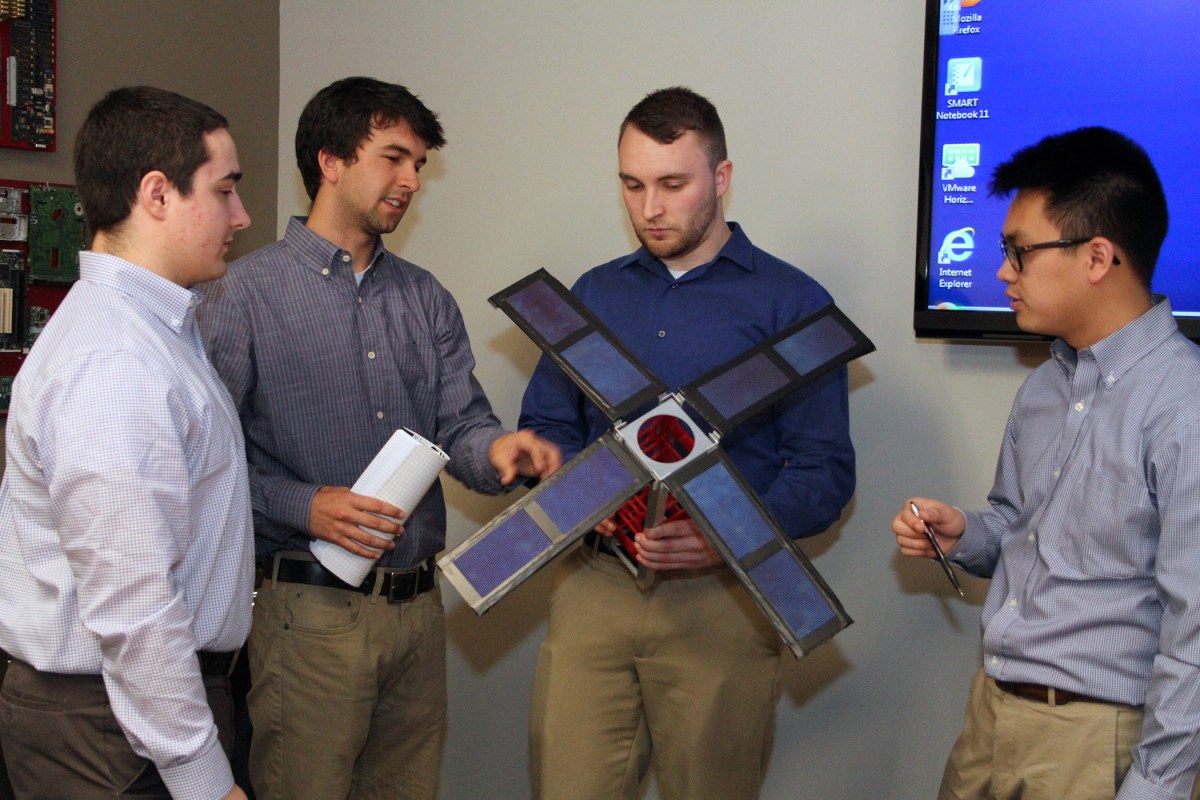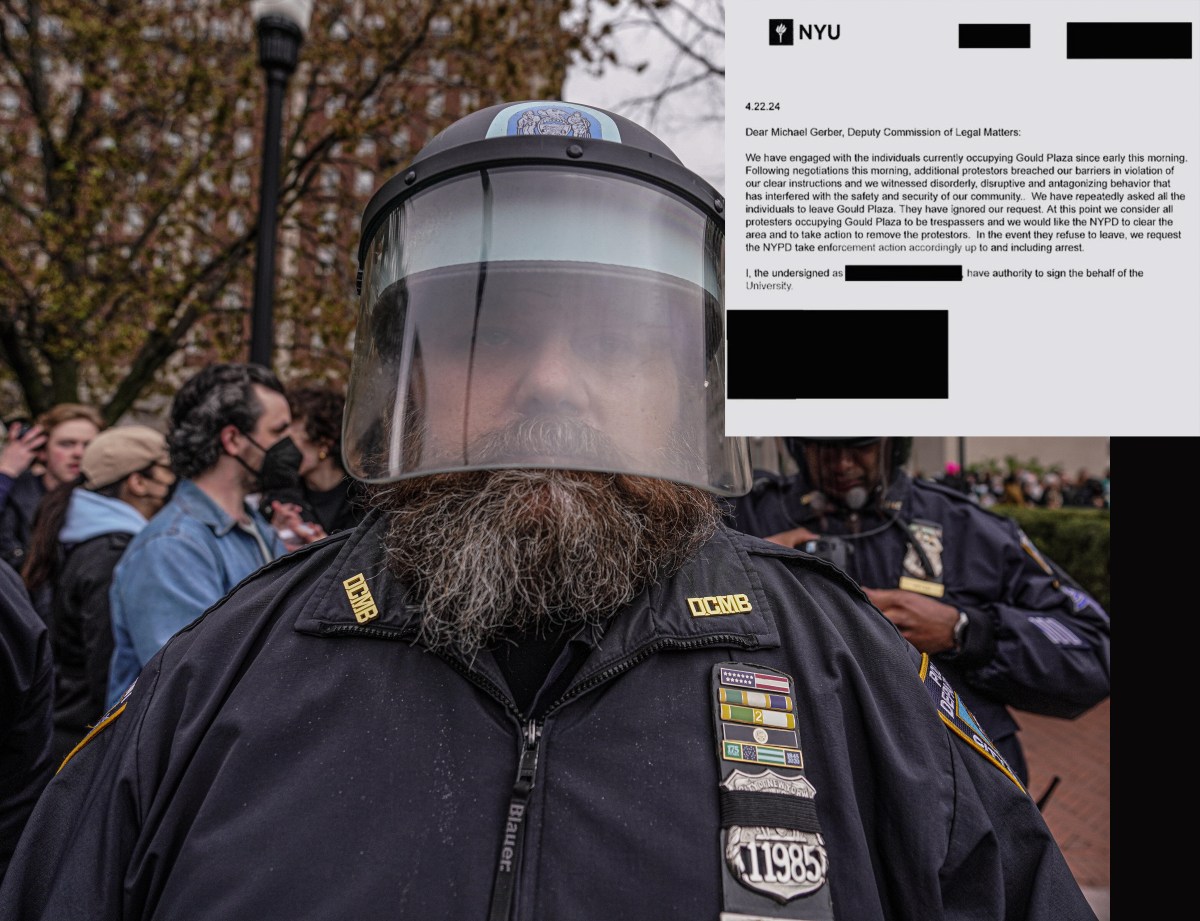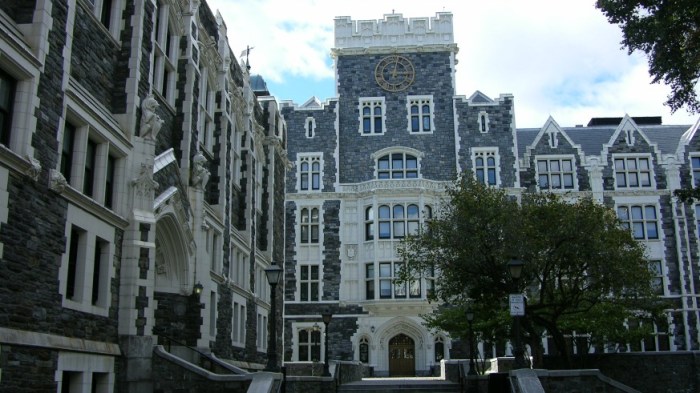Dat Le has spent his summer working on a NASA satellite, but he doesn’t like to brag about it. The 22-year-old University of Massachusetts Lowell student is still an undergraduate, and didn’t even tell his parents when he and about 50 other students were awarded $200,000 from the federal agency. “Turns out they all found out somehow, and they’re pretty proud,” Le said. “I don’t think too much of it. It’s just me and a bunch of my friends working on a cool project.”
That project, called “SPACE HAUC” (pronounced “space hawk”), is a miniature, low-cost alternative to larger satellites called a CubeSat that the space agency hopes to launch into orbit in 2018. When completed, SPACE HAUC will weigh nine pounds and be 10 centimeters by 10 centimeters by 30 centimeters, or, as UMass physics professor and project advisor Tim Cook said, about three times smaller than a desktop computer. CubeSats have become the “new thing” in space technology, Cook said, but there are issues with making the technology that tiny.
“One of the problems is making the communication system this small because it limits the amount of data you can get down [from space],” Cook said.
That’s why the students are focusing on creating a more efficient communication system, or “high speed data link,” for their satellite, which will open more doors for CubeSats’ capabilities, Cook said. “As we think about things we can do in CubeSats for the future, we have ideas, but the big bottleneck is that [CubeSats] collect data faster than we can currently get it down to the receiver,” he said. “So we put our finger on that technological bottleneck to see if we could solve that problem.” Le is a project manager and a member of the systems engineering team—basically, a group of students are dedicated to working on every system the satellite has, from the structure of its frame to the thermal system, which is how the satellite deals with space’s extreme temperatures, to the antenna for communication. Le doesn’t have that much longer to work on SPACE HAUC though. When the school year starts, he’ll be entering his final semester of his senior year. The SPACE HAUC project is specifically for undergraduates only. “I’ll be honest, I’m kind of jealous. This being the first project of its kind at UMass Lowell, it stinks to have to leave, but I’m trying to set everyone up for success,” Le said. “We want to stick to the goal we set out from the beginning, that it’s undergrads doing the work.” Le explained that CubeSat CubeSat projects of this magnitude are given to grad students, with the cheaper and simpler CubeSats designated to undergrads.
“Sometimes it’s daunting, but the challenge is what draws me to it, like most of the students,” he said. “It’s proving to everybody what we can do with just an undergrad education.”
For undergrads at UMass Lowell, a unique chance to build a satellite for NASA

Edwin Aguirre for UMass Lowell


















